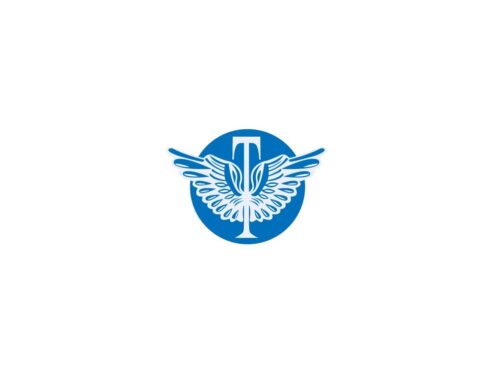
The Romanian Beekeepers’ Association, founded in 1957, is a strong advocate for beekeeping and the health of Europe’s bees. It actively promotes regional and EU partnerships concerning bees and beekeeping and has positioned itself as a leader in R&D in its field. The Association is dedicated to sharing knowledge about the vital role bees play in agriculture, the environment, local economies and human health.
In 1965, the Association opened a beekeeping complex (Apicol) which focuses on collecting, processing and exporting Romanian honey. Apicol also produces nutritive supplements for bees; hives, beekeeping equipment and tools; nutritive supplements for humans based on honey, bee’s wax, royal jelly and pollen; cosmetics based on bee products; and honey and apple vinegars.
Cutting-edge R&D activities

At the forefront of research efforts concerning European bees, the Association established the Institute for Beekeeping Research and Development (ICD Apicultura) in Bucharest in 1974. Adrian Siceanu, Scientific Director, explains, “Our research activities concentrate on bee breeding and technologies, melliferous resources, the chemistry of bee products, bee pathology, and apitherapy.” ICD Apicultura is also involved in selecting and raising queen bees, providing laboratory services concerning honey and other bee products, the production of apitherapeutics and treatments for bee diseases, and extension services.
Current projects for ICD Apicultura include raising queen bees for small and medium-sized beekeeping operations, in an effort to encourage more people throughout Romania to get involved in beekeeping. The institute is also developing technologies for raising bees in natural and artificial environments, and is analyzing the morphology and genetic characteristics of bees in Romania and Moldova. Developing electronic devices to monitor bee colonies is another current initiative for ICD Apicultura.
Given the decline in bee populations worldwide, the Romanian Beekeepers’ Association is committed to sharing knowledge about bees with its counterparts throughout Europe and beyond. Adrian Siceanu says, “Our Association would like to see the establishment of a working group on EU policies about beekeeping, which would provide consulting services to the EU parliament. It could be organised by Apimondia, the International Federation of Beekeeping Associations, of which our Association is a member.”
The Association also advocates restrictions on cross-border trade in bees and the need for legislation to regulate this trade. As Adrian Siceanu points out, “The EU should encourage member countries to preserve local bee populations.” The Association will continue to promote beekeeping in Romania and to make more people aware of the importance of bees to Europe’s economy and environment.
S.C .The Beekeeping Research and Development Institute S.A.
Ficusului Avenue, No. 42, Sector 1, Bucharest,
Tel.: +40 212 325 060
www.icdapicultura.ro





